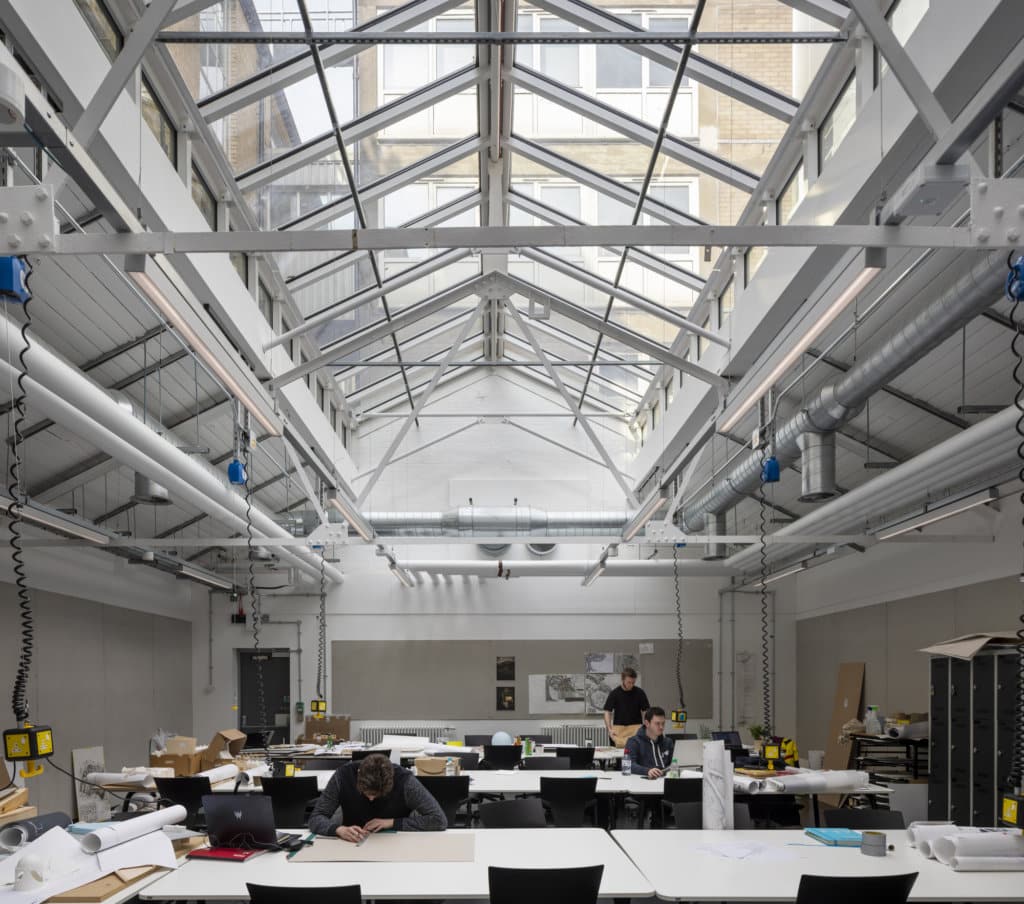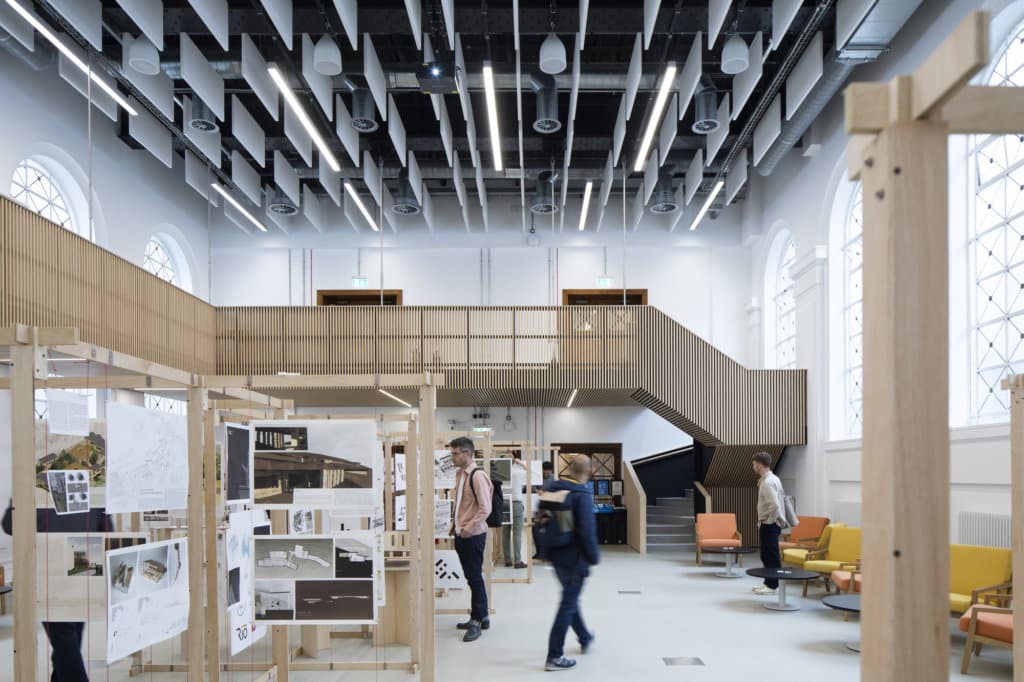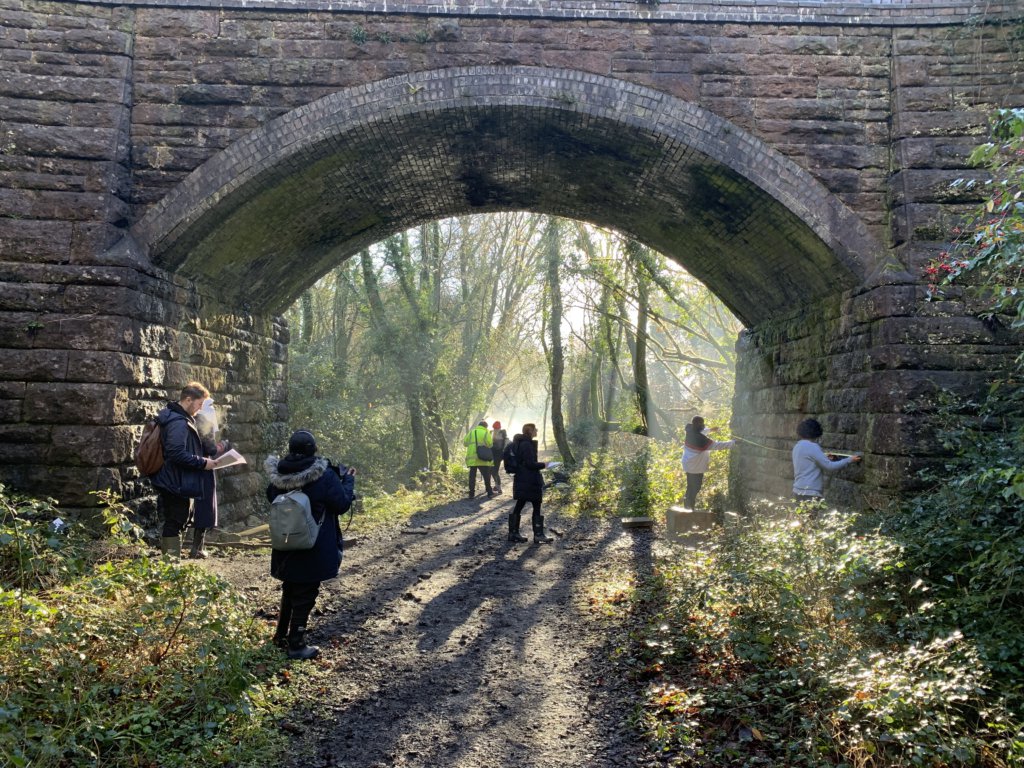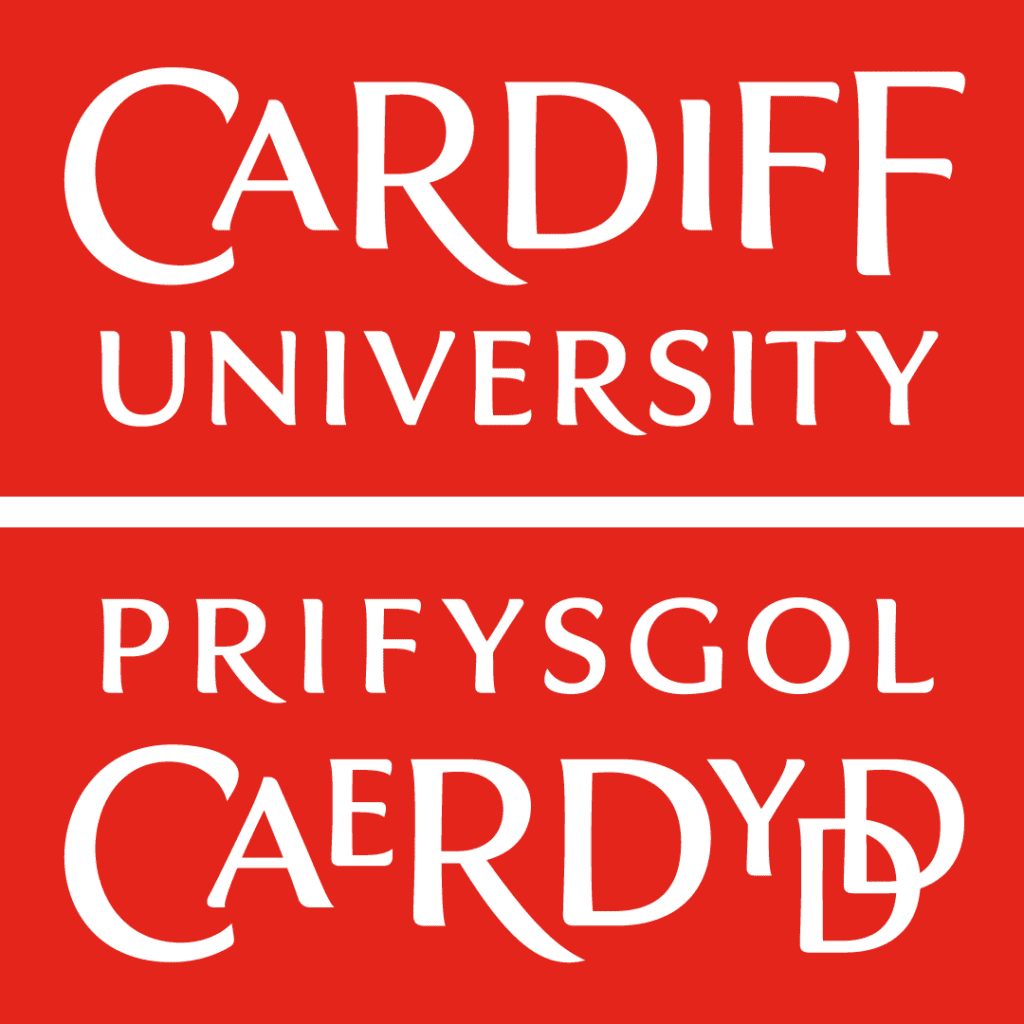A postgraduate education at Cardiff University’s The Welsh School of Architecture enables students to deepen their knowledge and launch their careers in new directions. The experience, as described by MSc Sustainable Building Conservation graduate Dave Worthington, is “perfect” for postgraduate students.
The course provides flexible modes of study in a friendly, comfortable environment. Teaching staff are approachable, knowledgeable, and experienced. “You learn as part of a diverse group of students, from a range of technical, academic and working backgrounds that makes you feel like part of very special learning community,” he says. “The University’s own, and guest lecturers, are experts in their field, delivering interesting and enjoyable sessions that captivate the imagination, whilst presenting excellent and current practice and research within sustainable building conservation.”
His opinion is just one of many of course. Each graduate has their own unique reasons for appreciating the school that made them the skilled built environment experts they are today. Whether they pursued the MSc Sustainable Building Conservation or the MArch Architectural Studies, MA Architectural Design, MA Urban Design, Master of Design Administration, MSc Computational Methods in Architecture, MSc Environmental Design of Buildings , or MSc Sustainable Mega-Buildings, all were given a strong grounding in their areas of specialist focus. While the portfolio at the Welsh School of Architecture is broad in scope, all postgraduate courses are linked by their focus on the role of the built environment, whether historic or contemporary, in the production of and potential solution to global challenges such as climate change. All courses are taught by experts in their fields in an endeavour that equips students with new skills, specialised insight, and preparation for their chosen careers.
Here are what we see as four of the key features of the school’s educational offer to postgraduate students:

The MArch studio at The Welsh School of Architecture. Source: Cardiff University
1. A track record of excellence in teaching
Cardiff University has more than 100 years of experience in teaching architecture, and the Welsh School of Architecture continues to be a leading school today. It ranks sixth in the Complete University Guide Subject League Tables 2023 and fifth in the Guardian League Table for Architecture.
Studying with committed and experienced teaching staff leads to the development of advanced and transferable skills. As graduate Yijun Chen puts it, “The MA Architectural Design has provided me with advanced design research training that has resulted in multiple design research techniques and methods for the conception and development of complex architectural design proposals”. Stemming from this, he says, “my course mates and I have successfully progressed in our professional careers as practicing architects.”
MSc Computational Methods in Architecture student Michelle Salamoun agrees. In her course, she has become adept at using Python for all sorts of tasks in architecture. The course blends innovative algorithmic thinking in parametric design with design for digital fabrication. Using tailored learning and multi-disciplinary teamwork, students gain the knowledge and skills to discover innovative computational methods for use in the creative and design industries. They also build their own digital tools through visual programming and scripting.
“Learning to use these technologies has made me more capable of improving design processes and coming up with architectural solutions,” she says. “This course has provided me with an edge when applying for jobs, as I can now contribute to the development of design processes with computational and automation techniques.”
2. Learning environment
The rigorous curriculum of each course is paired with opportunities to learn in a variety of different settings. These include studios, lectures, seminars, architectural practices, field trips, project sites, public forums, conferences, and community engagement projects.
The newly refurbished Bute Building by 20th-century architect Percy Thomas offers students a supportive environment conducive for study and research. Home to generous studio spaces and state-of-the-art facilities including timber and metal workshops, a Digital Fabrication Lab and an Architectural Robotics Lab, it is a building that fosters design creativity along with opportunities to collaborate with peers, technicians, makers and researchers. Inspiration flows easily when you are in a building shortlisted for a prestigious AJ (Architects’ Journal) Award in 2022.

The Student Exhibition celebrates a year of outstanding hard work from undergraduate and postgraduate students. Source: Cardiff University
3. High-impact research
Cardiff University is committed to solving real-world problems through research. Its REF 2021 results demonstrate high quality research across a broad range of subjects, with 90 per cent of its research confirmed as world-leading or internationally excellent in the Research Excellence Framework. Over the last three years, the university has won an average of 117.3 million pounds each year in new research grants and contracts. The Welsh School of Architecture came in fourth overall in Research Excellence Framework (REF) 2021 among UK institutions undertaking research in the area of ‘Architecture, Built Environment and Planning’.
Courses reflect these research strengths and also connect to specific research and scholarship groups – Computational Methods in Architecture; Design Research and Professional Practice; Energy, Environment and People; History, Heritage and Conservation; Urbanism. Students benefit from exposure to discussions and networks associated with these groups as well as links with researchers at different stages of their careers, including postgraduate researchers in their area of focus.
The school also holds long-standing connections and collaborative relationships with professional bodies including the Royal Society of Architects in Wales and the Design Commission for Wales.
Some of the notable projects carried out at The Welsh School of Architecture in recent times include designing and building the first affordable low-carbon house in the UK, developing a new tool which identifies households most in need of support to heat their homes and implementing a more effective way of monitoring buildings and their services to identify poor energy performance, increase efficiency and reduce carbon emissions.
As indicated by these projects, sustainability is a long-standing focus of the school’s research, with several research centres dedicated to this. These include the Low Carbon Research Institute (LCRI), the Design Research Unit Wales (DRUw), and the Centre for Sustainable Building Conservation (CSBC).
4. A living laboratory
Cardiff is widely recognised as a highly liveable city. The city centre is compact and walkable, with plenty more to discover in its surroundings. This includes the Glamorgan Heritage Coast and Brecon Beacons National Park. A stroll typically takes one through many green spaces.
South Wales, which has been an industrial heartland, offers today ample opportunities for students interested in regeneration, urban design, the conservation of historic buildings, and environmental design to develop local case-studies or design proposals.

Sustainable Building Conservation students on a local study trip. Source: Cardiff University
Follow Cardiff University on Facebook, Twitter, Instagram and YouTube













